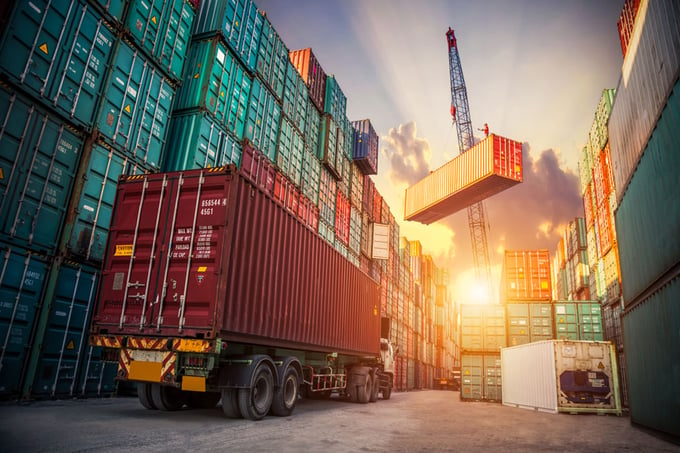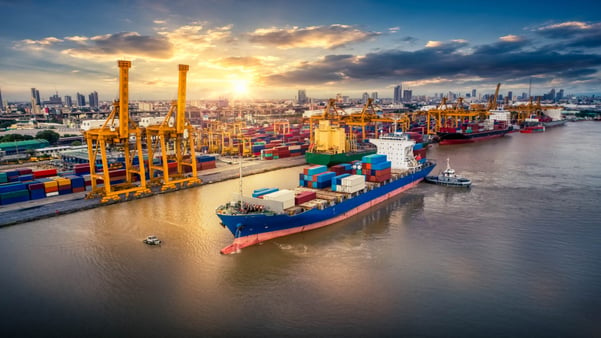International shipping can get complicated quickly. With each country having unique requirements and regulations, many businesses will turn to Customs Brokers to make the process easier.
These are specialists in the rules and regulations for importing and exporting from their countries. Working with a customs broker can make getting goods across borders more straightforward. With that said, if you don't understand the role of a customs broker and how they can fit into your supply chain, it's difficult to tell if you'll benefit from working with one.
This article will help you understand what a customs broker is and how they can benefit your business. Then, we'll help you decide whether your business should work with a customs broker or not.
What Does a Customs Broker Do?

The primary responsibility of a Customs Broker is to get your goods cleared through customs at international borders. At customs, your goods are checked by employees of the local government to ensure that they are safe to enter the country.
The Customs broker works to make this process go smoothly by:
- Ensuring your cargo meets import and export requirements
- Making customs payments on your behalf.
- Preparing any information required by customs, such as origin, routing, suppliers, and how the goods may be used.
- Checking that all commercial documents are correct and compliant with regulatory standards.
- Accurately classifying your goods for duty and tax purposes.
What is the Difference Between a Customs Broker and a Freight Forwarder?
Both freight forwarders and customs brokers work to ensure your goods reach their destination. The primary difference is what step of the process they assist in completing.
A freight forwarder will help arrange your goods’ transport from one country to another. Conversely, a customs broker's role is to ensure your cargo passes through customs quickly and without issue.
Many freight forwarders will offer customs brokerage services in addition to freight forwarding. This can be a convenient option for many businesses that do not require a dedicated customs broker.
Benefits of Working With a Customs Broker

Many businesses will complete the customs process on their own, submitting documents and staying up to date on any requirements.
However, this brings additional risks. The individual submitting the documents is responsible for meeting all government requirements. Without the expertise, there is an increased chance of mistakes being made, which can result in significant delays.
Customs brokers are well versed in all regulatory requirements and have the experience needed to quickly clear customs. It is their dedicated area of expertise. They can advise you on the fastest ways to meet legal and administrative requirements through close relationships with specific ports. Additionally, they can correctly verify declarations and identify goods without error through well-honed attention to detail.
Does Your Business Need a Customs Broker?
Partnering with a customs broker can offer your business peace of mind and ensure that your goods pass through customs without issue.
While getting your cargo across the border yourself is possible, it can be both risky and time-consuming. Your customs broker will help you with everything from getting through customs to filling out paperwork, classifying goods, and ensuring minimal delays.
If you're still unsure whether partnering with a customs broker is the correct answer for your business, you can get help by consulting an international shipping expert. WTA UK can help you find a solution to your delivery needs. Contact us to find out more.








